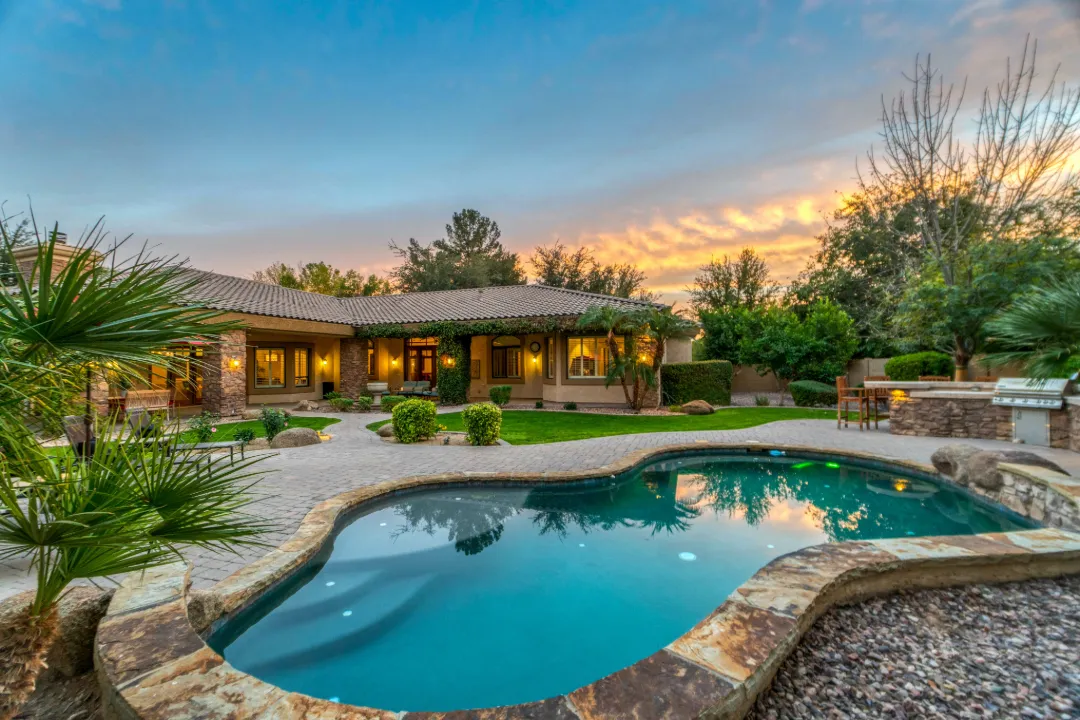Reverse Mortgage
Get a FREE quote on A Reverse Mortgage & save thousands of dollars per year.

What is a Reverse Mortgage?
A reverse mortgage loan, like a traditional mortgage, allows homeowners to borrow money using their home as security for the loan. Also, like a conventional mortgage, the title to your home remains in your name when you take out a reverse mortgage loan. However, unlike a traditional mortgage, borrowers don't make monthly mortgage payments with a reverse mortgage loan. Instead, the loan is repaid when the borrower no longer resides in the home. Interest and fees are added to the loan balance each month, and the balance grows. With a reverse mortgage loan, homeowners must pay property taxes and homeowners insurance, use the property as their principal residence, and keep their house in good condition.
Who is eligible for a Reverse Mortgage?
To be eligible for a Reverse Mortgage, the applicant must be 62 years or older, own the property, and occupy it as their main residence. In addition, they must maintain the home with required repairs, property taxes, and insurance. Also, the property does need to satisfy specific FHA property standards. Finally, the applicant must participate in a reverse mortgage counseling session (this can be done over the phone or in person.)
Borrower Requirements and Responsibilities
Age qualification: All borrowers listed on the title must be 62 (some private-label reverse mortgages go down to age 55). If one spouse is under 62, they might be able to get a reverse mortgage. However, the loan officer must collect additional information upfront.
Primary lien: A reverse mortgage must be the preliminary lien on the home. Any current mortgage must be paid off using the proceeds from the reverse mortgage.
Occupancy requirements: The property used as collateral for the reverse mortgage must be the main residence. Vacation homes and investor properties do not qualify.
Taxes and Insurance: Borrowers must be up-to-date on real estate taxes, homeowners insurance, and other mandatory obligations like condominium fees.
Property Condition: Borrowers are responsible for completing the required repairs and maintaining the property's condition.
Conveyance of the mortgaged property to the estate or heir after the mortgagor's death: The estate or heirs may satisfy the reverse mortgage debt by paying the lesser mortgage balance or 95% of the current appraised value of the property. This is done when a reverse mortgage becomes due and payable upon the death of the last surviving borrower.
How Do I Know If I Qualify?
In a word, a reverse mortgage is a loan a homeowner aged 62 or older with considerable home equity can borrow against the home's value and receive funds as a lump sum, fixed monthly payment, or line of credit.
Get Your FREE Reverse Mortgage Quote!

With many years of dedicated service, we have played a crucial role in turning home aspirations into reality, always ensuring they remain within our customers' financial reach.
Licensed in CA, CO, HI, FL, NV, TX, VA, and WA
Navigation


Branch Address:
500 Ala Moana Blvd., Suite 7400, 427A
Honolulu, HI 96813
HI FIVE Team Loans. NMLS #1276471.
